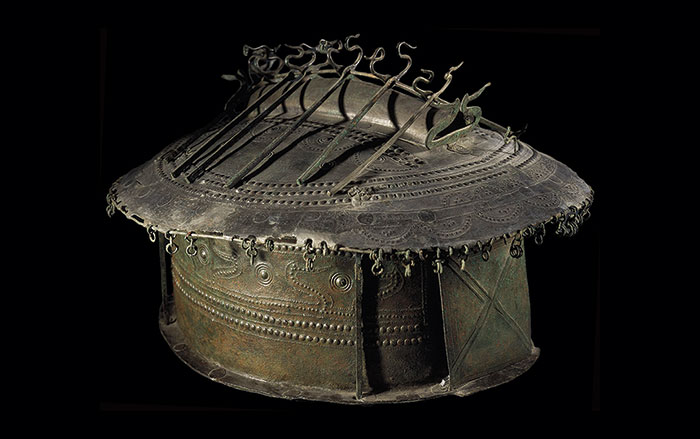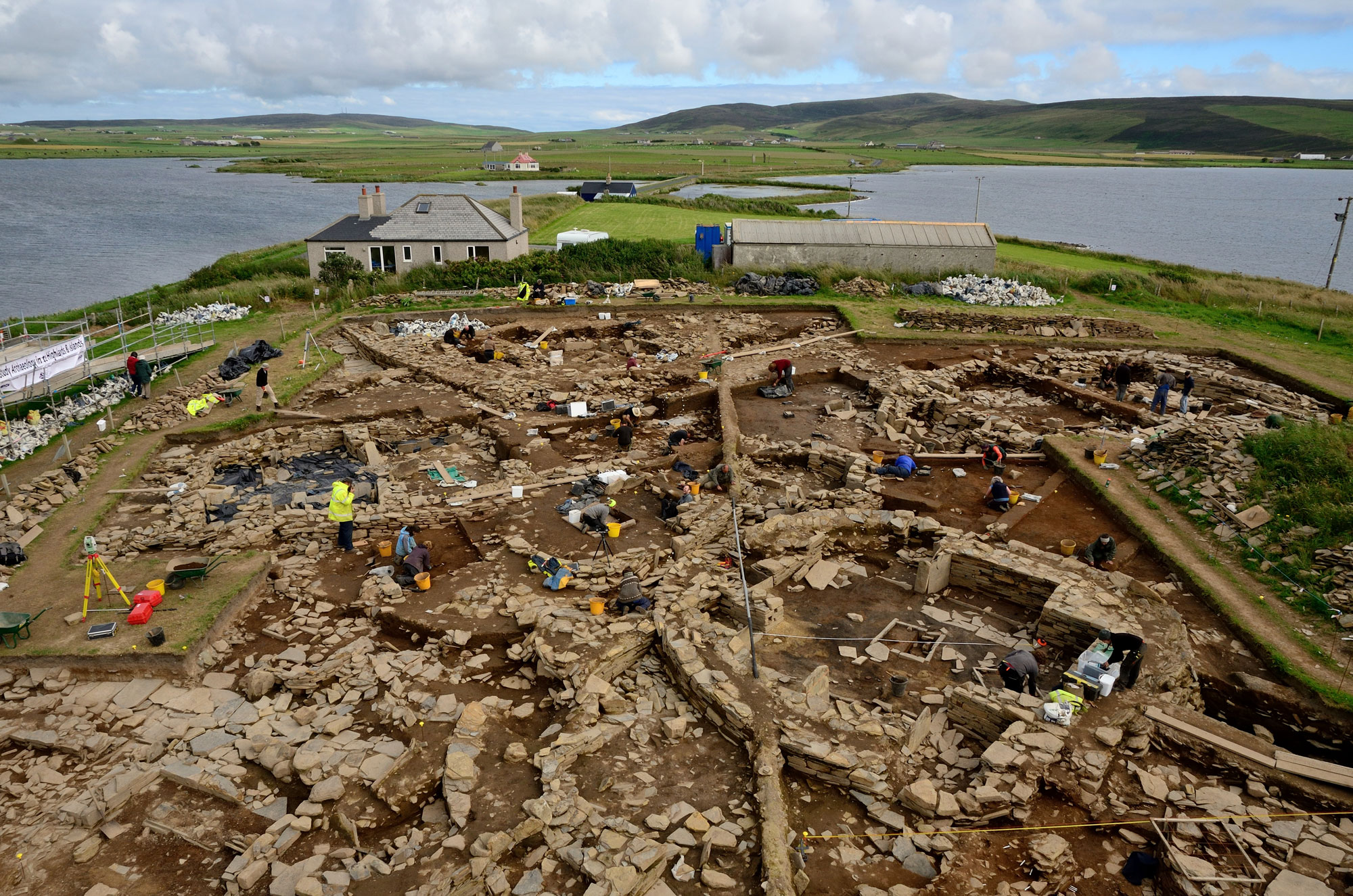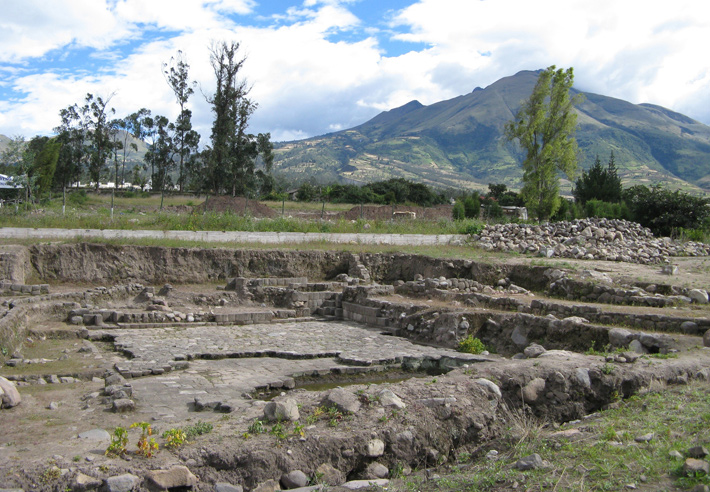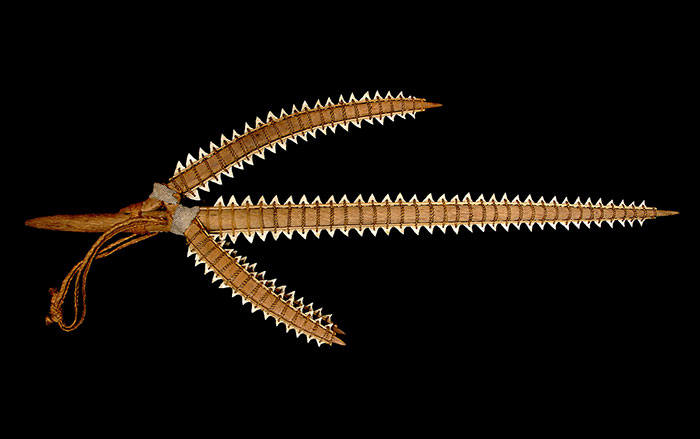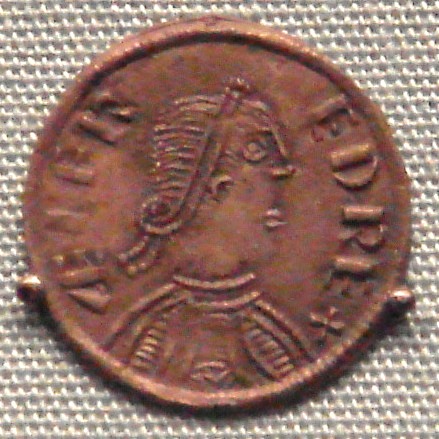
WINCHESTER, ENGLAND—Human remains thought to be those of Alfred the Great, who died in A.D. 899, have been exhumed from an unmarked grave at St. Bartholomew’s Church. Alfred, the first “king of the English,” had been buried near Winchester Cathedral, but his body was moved to Hyde Abbey in 1110, which was later destroyed during the reign of Henry VIII. Some think his bones were transferred to St. Bartholomew’s in the eighteenth century. Church officials decided to empty the grave in order to protect the bones from curiosity seekers. Nick Edmonds, a church spokesperson, said that no applications have been made to study the bones at this time. “Of course, that would only be granted if the court were satisfied with everything proposed, both legally and ethically. Whatever happens, the remains will stay in the care and protection of the church and the consistory court until they are reinterred,” he added.





